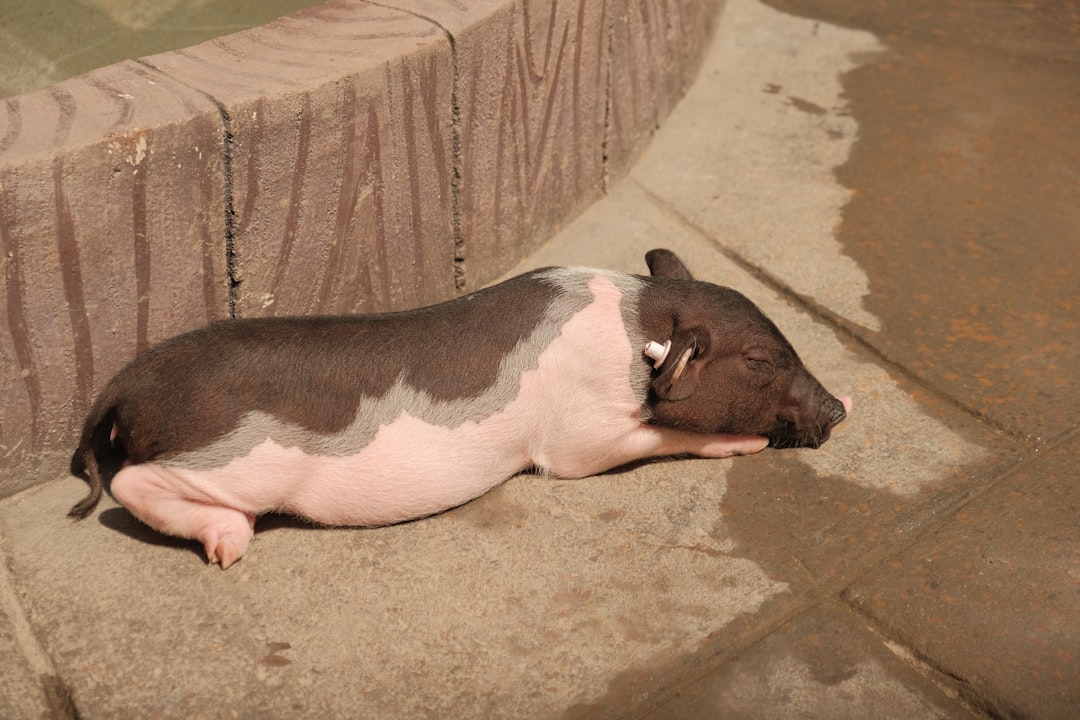What is it about?
Ascites is a cardiovascular metabolic disease characterized by accumulation of fluid around the heart and in the abdominal cavity that eventually leads to death. This syndrome is the end-point result of a series of metabolic incidents that are generally caused by impaired oxygen availability. Mitochondria are the major sites of oxygen consumption, therefore major contributors to oxidative stress. Genetic, metabolic and dietary factors can influence variations in mitochondrial biogenesis (mitochondrial size, number and mass) that might have an effect on oxygen consumption and reactive oxygen species production. This study evaluated the effect of genotype on PGC-1α mRNA gene expression and mitochondrial biogenesis. These parameters were examined in male broiler chickens at 22 weeks of age from the SUS and RES lines divergently selected for ascites phenotype. From each line, five birds were sampled for right ventricle and breast muscle. Gene expression and mtDNA copy number were assessed by quantitative PCR. Results showed that birds from SUS had significantly higher PGC-1α mRNA gene (p = .033) and mitochondrial DNA copy number (p = .038) in breast muscle. There was no difference in right ventricle PGC-1α expression or mitochondrial DNA copy number between the two lines. These findings indicate that mitochondrial biogenesis and PGC-1α mRNA gene expression differ between male broiler chickens from RES and SUS lines in a tissue-specific manner
Featured Image
Read the Original
This page is a summary of: Mitochondrial biogenesis and PGC-1α gene expression in male broilers from ascites-susceptible and -resistant lines, Journal of Animal Physiology and Animal Nutrition, April 2017, Wiley,
DOI: 10.1111/jpn.12706.
You can read the full text:
Contributors
The following have contributed to this page










